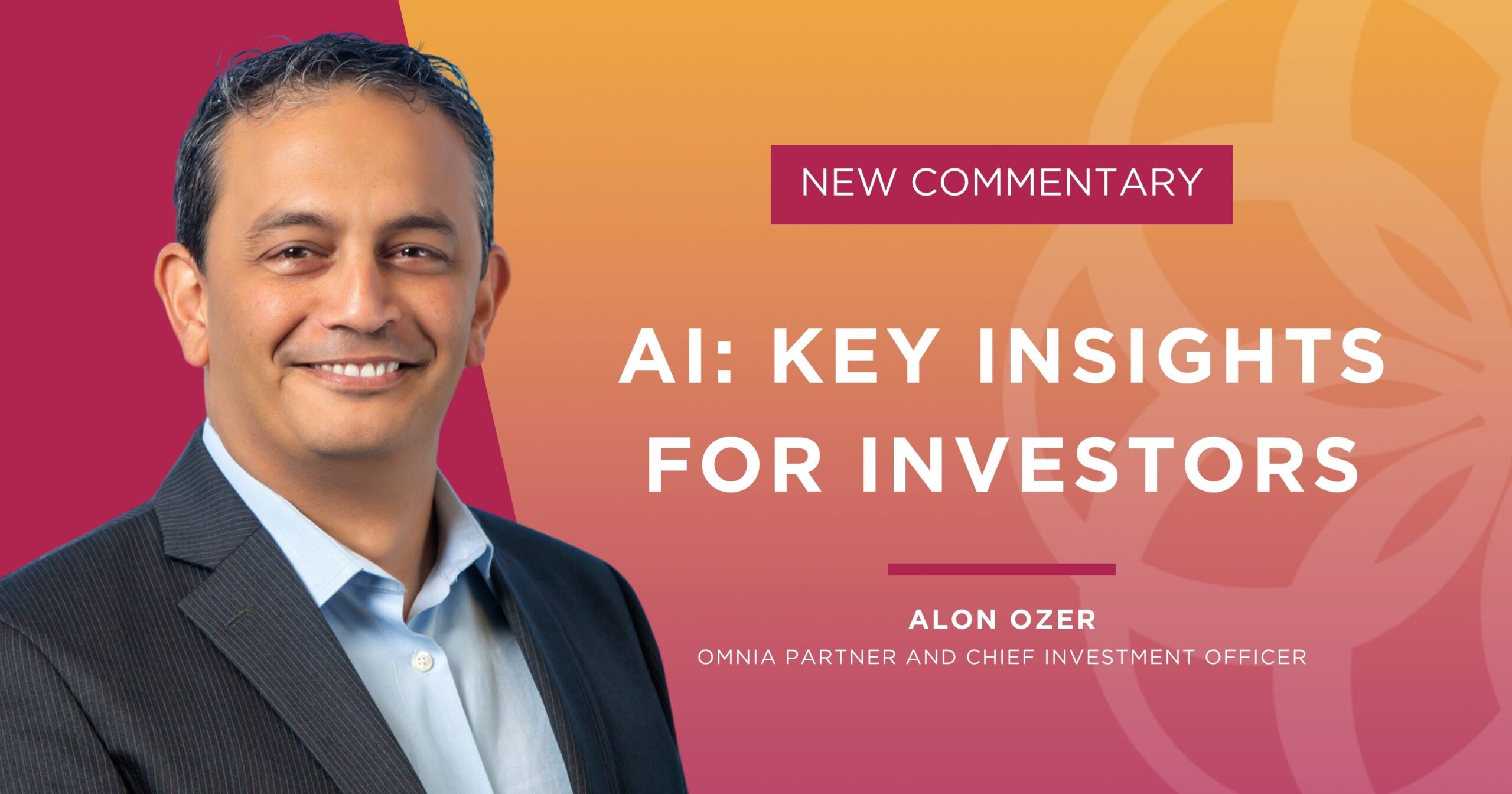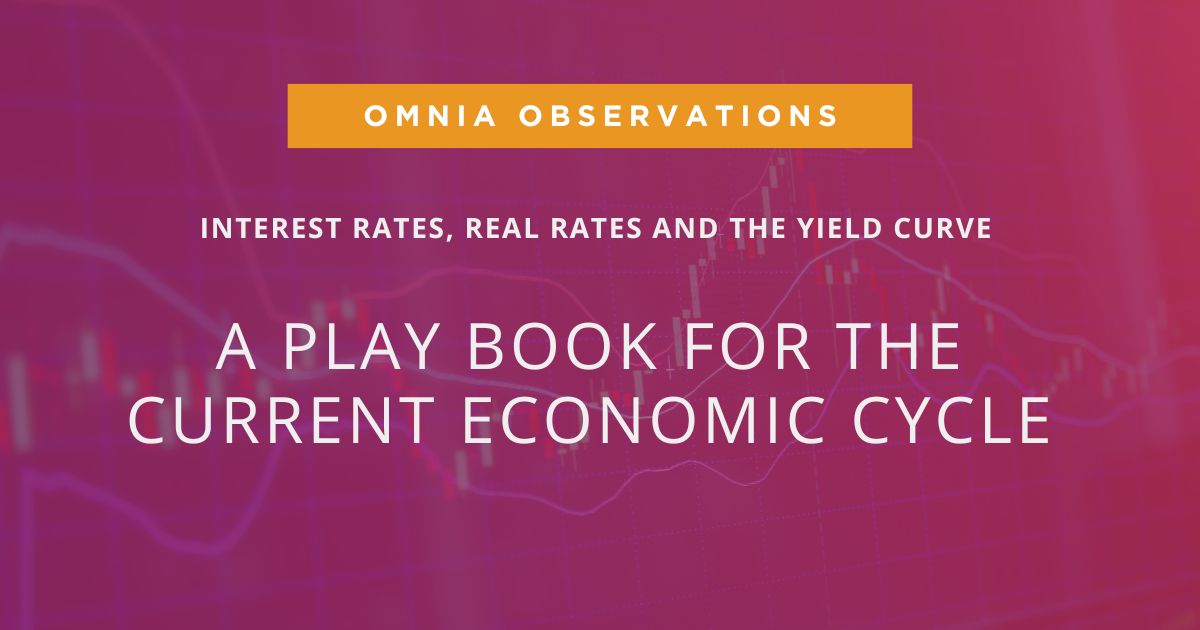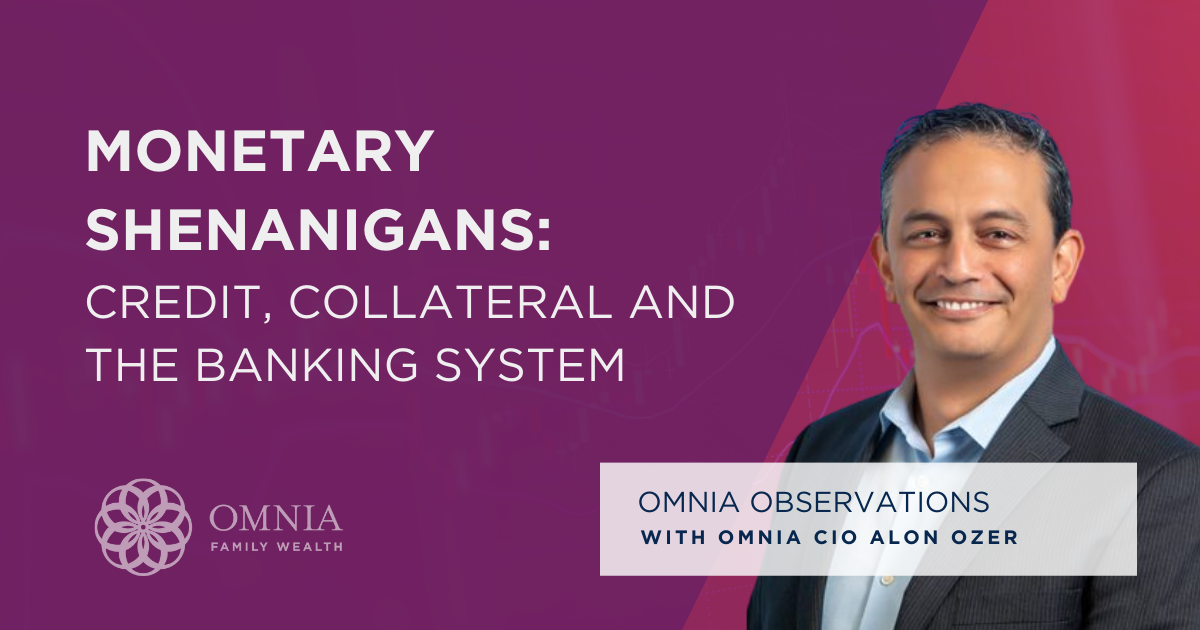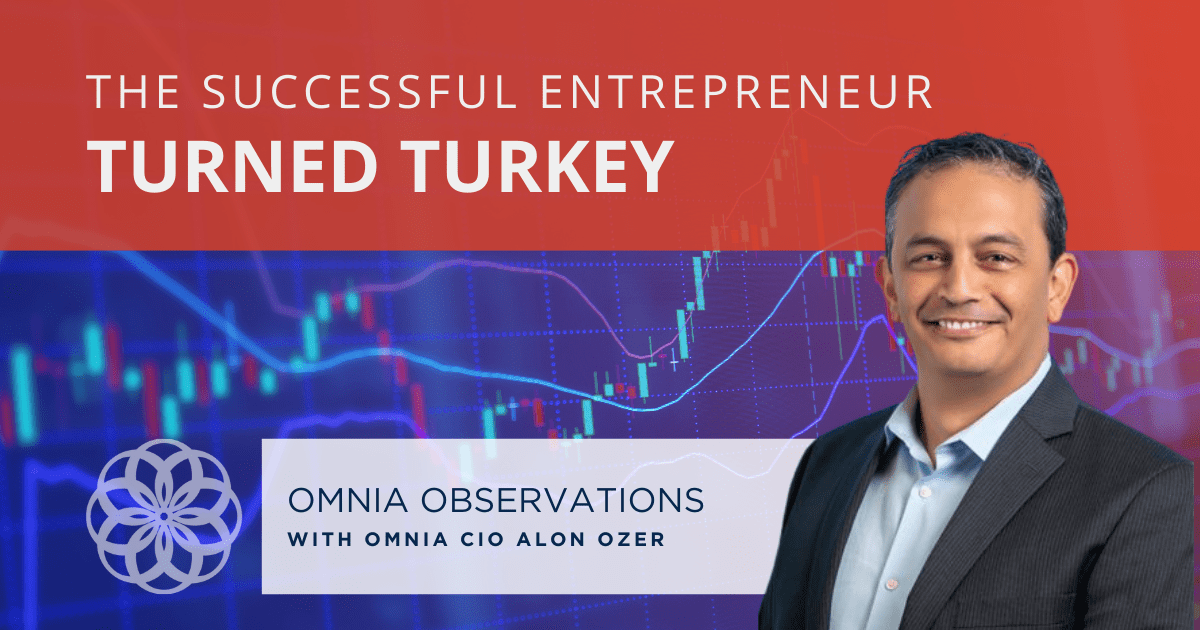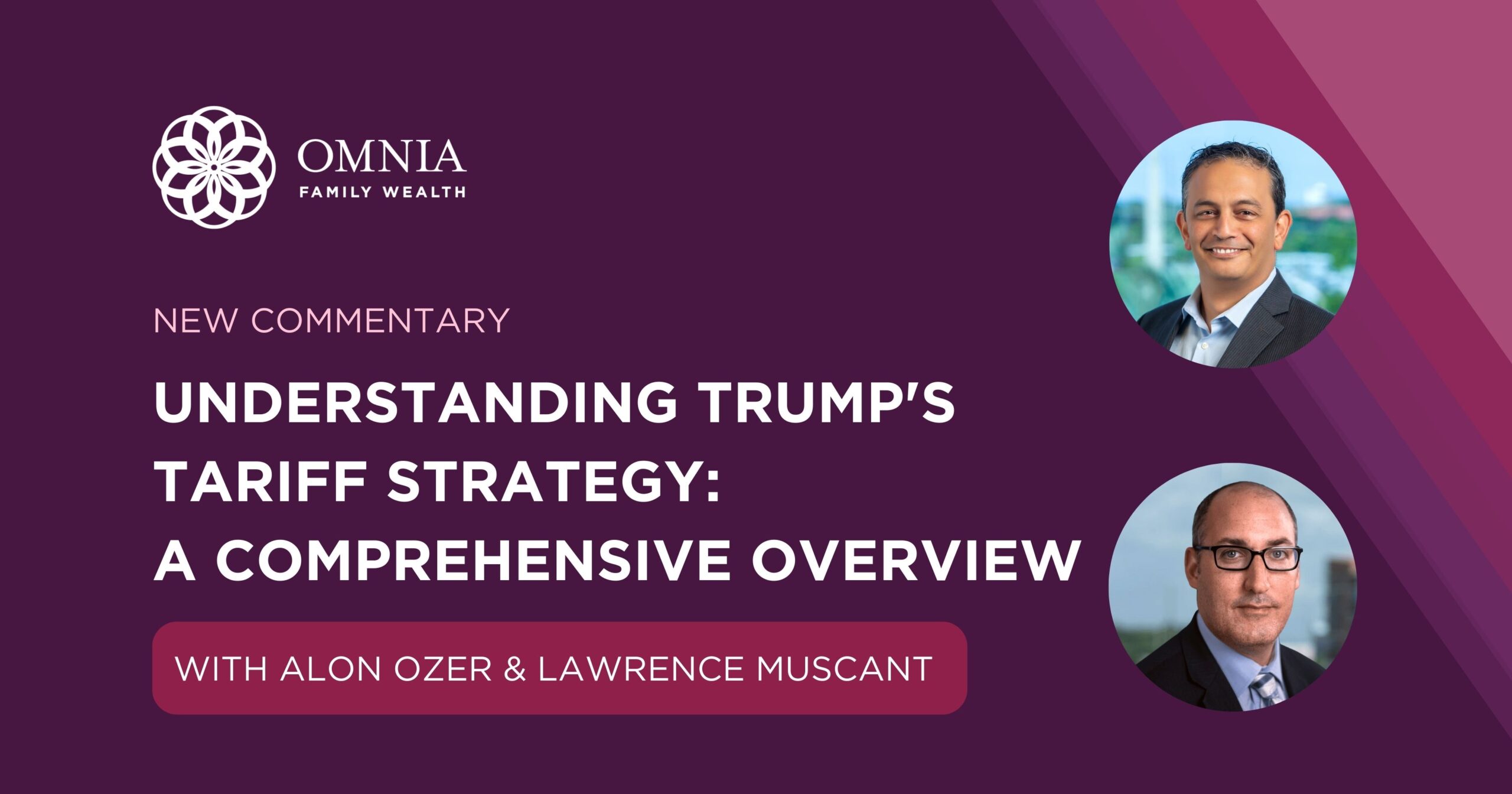
Hedge Funds and Investment Objectives
Arguments in favor and against the value of adding hedge funds to portfolios are endless. In order to have a fruitful discussion about hedge funds, we first have to clear away some misconceptions. In this memo, we would like to offer a framework to help investors and advisors make better decisions about whether to invest in hedge funds and how to go about doing so.
What is a Hedge Fund?
When speaking to clients about hedge funds, you first have to start by defining what a hedge fund is and what makes any fund a hedge fund. Many times, it is confusing to use the term hedge fund broadly with clients because the term is not a general term yet, like the term mutual fund. For example, a mutual fund is a vehicle that could have many different strategies and a wide range of risks and returns. On the other hand, with hedge funds, some investors still hold perceptions of a hedge fund being very risky and exotic and aiming to generate very high returns. Others think that as their name suggests that they are lower risk investments.
We think it’s a mistake to speak about hedge funds as a whole. The truth is the only thing that is common to ALL hedge funds, just like all mutual funds, is their legal structure (Limited Partnership and General Partner.)
In reality, the variety of hedge funds strategies today is very large and actually much larger than mutual fund options. Hedge fund managers have a lot of flexibility in the way they build their portfolios, which results in a large variety of risk/return profiles among strategies. Whether it’s through the size of the net and gross exposures, hedging certain risks, a heavier weight in one sector, frequency of trading, the type of instruments they use and many other elements, all would lead to different levels of risk and return.
When to use Hedge Funds
The first question an investor should ask before investing in a hedge fund, or anything else, is what objective am I trying to fulfill in the portfolio? Objectives can be many: level of volatility, net or absolute return, alpha, correlations, avoidance of different types of risks, and so on. Many times, the objective will be a combination of several factors.
The second question an investor should ask is what strategy can most efficiently achieve the objectives.
Just by asking these two simple questions you will significantly narrow the universe of relevant strategies. And in many cases, you will find that the most efficient way to fulfill the objectives is through a combination of traditional publicly traded vehicles.
For example, if you are looking to achieve the highest returns from U.S. equities, an ETF is likely the best vehicle.
If you are attempting to achieve long term S&P 500 returns, but with lower volatility, a Put Write Strategy would probably be a better choice than many U.S. large cap long/short hedge funds.
Sometimes though, the objective can be best or solely achieved using an “alternative” strategy that comes in the form of a hedge fund. For example, generating a mid-single digit return with low volatility, no exposure to interest rates and low credit risk, can be probably best achieved using certain hedge fund strategies.
Managing Expectations
One of the most important things an advisor can do for clients investing in hedge funds is to manage their expectations of the strategy. That’s why defining the objectives in advance and finding the most efficient strategy to achieve them is so important. As part of managing expectations it is important to identify what a reasonable time frame is to achieve the objectives.
For long/short equity managers to lag their long only benchmark or be down more than their benchmark in the short or intermediate term is not unusual and should be expected. Longer term, the manager’s stock picking and risk management skills should help outperform the benchmark.
Investors should also understand which market environment would support the particular strategy and what environment would hurt it. For example, many hedge fund strategies do better in high volatility environments, but when volatility is subdued, they struggle.
Hedge Fund Portfolios
Most hedge fund investors and advisors we meet build hedge funds portfolio using a mix of strategies. It is possible that a particular manager is a strong manager, but if you have not defined the role of their strategy in your overall portfolio, you might find there is significant overlap of objectives between strategies that can cause suboptimal results.
The Asset Class Dilemma
hedge funds can be allocated in different areas of the portfolio. Hedge fund managers have high flexibility to build and “engineer” the risk/return profile of their strategy. This is important because it changes the nature of the underlying asset classes in which the managers invest. For example, a long/short equity strategy that generates bonds returns with bonds volatility, or a strategy built from fixed income instruments that generates equity returns with equity volatility. These are just two simple examples, but there are many more examples.
This is significant because it means that the objective methodology described above allows hedge funds to be used anywhere in a portfolio without having to be classified and allocated as a hedge fund. A long bias long/short equity hedge fund can be allocated in a portfolio’s long only bucket, and an equity market neutral hedge fund might be a good fit in the fixed income bucket.
Fees
Hedge fund fees are high but have to be looked at in a relative way. Does the manager achieve the objectives the investors set for him? Are there other managers/vehicles that can achieve the same objectives at lower fees? If the answer to the first question is yes, and the answer to the second question is no, it might justify the high fees the manager charges.
In addition to the above questions, at our firm we use two other parameters to justify paying certain fees to a manager. Does the manager keep adding to the internal capital invested in the strategy? Does the manager invest a significant portion of the fees charged in the business to keep his competitive advantage for example? These factors are very important.
Where’s the Challenge?
Hedge funds have to be viewed as investing in or owning a part of a business. The product (strategy) as good as it may be, is not enough to have a successful hedge fund (business). Examining and understanding the stability of the business is crucial and could save investors from disappointment and loss of capital. The investment and operational due diligence that must be performed prior to investing in a hedge fund is a high barrier of entry for most investors and advisors. In addition, the ability to negotiate liquidity, investment minimums, fees, level of transparency and other terms are very important and will contribute to the net performance and level of risk.
This article is available to download here.
Important Information
The commentary provided is for educational and informational purposes only and does not constitute investment advice and it should not be relied on as such. It should not be considered a solicitation to buy or an offer to sell a security. It does not take into account any investor’s particular investment objectives, strategies, tax status, or investment horizon. Consult with an accountant or attorney regarding individual tax or legal advice.
Omnia Family Wealth LLC (“Omnia”) is a registered investment advisor. Advisory services are only offered to clients or prospective clients where Omnia and its representatives are properly licensed or exempt from licensure.
Risk Disclosure
No investment strategy or risk management technique can guarantee returns or eliminate risk in any market environment.
All investments include a risk of loss that clients should be prepared to bear. The principal risks of Omnia strategies are disclosed in the publicly available Form ADV Part 2A.
Hedge funds (or other alternative investment funds) are designed only for sophisticated investors who are able to bear the risk of significant loss. An investment in a hedge fund should be viewed as illiquid and interests in hedge funds are generally not readily marketable and are generally not transferable. Investors should be prepared to bear the financial risks of an investment in a hedge fund for an indefinite period of time. An investment in a hedge fund is not intended to be a complete investment program, but rather is intended for investment as part of a diversified investment portfolio. Typically interests in a hedge fund are not registered under the US Securities Act of 1933, as amended (“the Securities Act”), and the fund is not registered as an investment company under the US Investment Company Act of 1940, as amended (the “Investment Company Act”), and as such, investors will not be afforded the protections of those laws and regulations. A prospective investor should carefully review all offering materials associated with a hedge fund, including the risk factors, and should consult his or her own legal counsel and/or financial advisor prior to considering an investment in a hedge fund.


